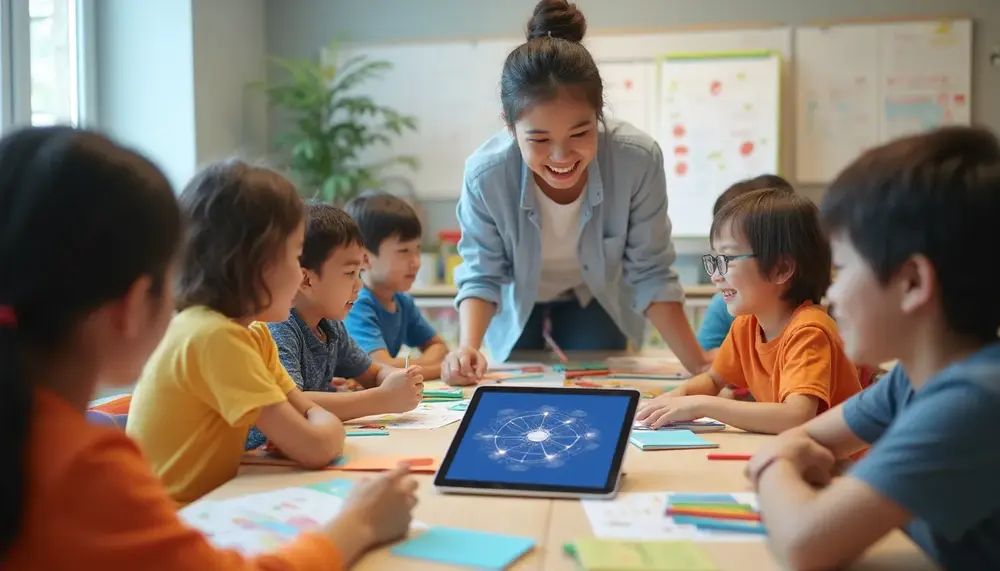Table of Contents:
Bitget and Cryptita Plays Launch Illustrated Blockchain Encyclopedia for Kids in the Philippines
Bitget has announced a partnership with crypto content creator Cryptita Plays, also known as Arshlene Lingao, to introduce the “Young Learners’ Encyclopedia.” This illustrated book is designed to simplify blockchain and cryptocurrency concepts for children, with a particular focus on underserved regions, starting in the Philippines. The encyclopedia covers topics such as decentralization and non-fungible tokens (NFTs) through engaging stories and visuals, making it accessible for both children and educators who wish to incorporate blockchain education into classrooms.
Distribution of the encyclopedia will begin in the Philippines, targeting schools and community centers with limited access to blockchain education. Bitget’s involvement aligns with its Blockchain4Youth and Blockchain4Her programs, which aim to make blockchain education accessible to young people and underrepresented communities. The company emphasized that the book is intended as a bridge to connect the next generation to the world of web3 through stories, illustrations, and imagination.
The Young Learners’ Encyclopedia is part of Bitget’s broader strategy to encourage grassroots learning and innovation. The book offers a hands-on, creative approach to education, supporting early awareness and participation in the digital economy. Further details on distribution are expected, with a target launch by the end of 2025.
Earlier in the year, Lingao and the Cryptita Plays team launched the Mini-Library Project, aimed at children and teens aged 8 to 15 in underserved and remote communities lacking access to books, the internet, or modern learning tools. The first mini-library was established in Kabatuhan, Negros Occidental, and is stocked with beginner-friendly books on crypto, digital safety, and other important topics. The team plans to expand to a total of 10 mini-libraries and further develop their learning materials, starting with content for kids and teens.
| Initiative | Target Audience | Launch Region | Planned Expansion | Target Launch |
|---|---|---|---|---|
| Young Learners’ Encyclopedia | Children, Educators | Philippines | 10 Mini-Libraries | End of 2025 |
Summary: Bitget and Cryptita Plays are making blockchain education accessible to children in underserved regions of the Philippines through an illustrated encyclopedia and mini-libraries, with plans for further expansion by the end of 2025. (Source: BitPinas)
India’s Blockchain Skills Gap: Challenges and Solutions
India has seen a surge in interest in blockchain technology over the past two years, with applications ranging from cryptocurrency ventures to supply chain, finance, and healthcare. However, a significant roadblock remains: a shortage of trained professionals capable of constructing, managing, and developing blockchain systems. According to a 2023 NASSCOM report, India will require more than 800,000 blockchain experts by 2026, but the current talent pool is insufficient.
The skills gap is attributed to several factors, including outdated educational curricula, a lack of practical experience opportunities, policy uncertainty, and a shortage of qualified mentors. Most engineering graduates are not exposed to blockchain principles, and even technical staff have limited experience with platforms such as Ethereum, Hyperledger, or Solidity. The gap extends beyond coding to include governance, regulation, tokenomics, cybersecurity, and data privacy.
- Outdated curricula in colleges
- Limited internships and bootcamps
- Policy uncertainty regarding cryptocurrencies
- Shortage of mentors in the blockchain domain
To bridge the gap, the article suggests integrating blockchain into formal education, encouraging industry-led training programs, promoting open learning and online courses, and increasing government and regulatory support. Institutes like IIT Madras and IIIT Hyderabad have begun offering blockchain modules, but nationwide adoption is needed. The Indian government can further support the sector by providing research grants, promoting regulatory clarity, and incorporating blockchain into national skilling programs.
Closing the blockchain talent gap is not merely an economic imperative—it's about keeping India ahead of the curve on technological innovations. Web3 adoption will be characterized not only with lines of code, but with investment in education, cooperation, and knowledge-sharing.
Summary: India faces a critical shortage of blockchain professionals, with a projected need for over 800,000 experts by 2026. Addressing this requires educational reform, industry collaboration, and government support. (Source: Outlook India)
Blockchain Education in India: Readiness for a Web3 Workforce
The rapid evolution of digital technology, particularly blockchain and Web3, is transforming how people interact with the internet by decentralizing data, improving security, and empowering users. In India, universities and online platforms have started offering courses on blockchain basics, cryptography, and decentralized applications. However, the penetration of quality blockchain education remains low, especially in rural areas, and there is a lack of systematic and experiential learning opportunities.
Key challenges include a lack of awareness among employers, students, and teachers, insufficient exposure to practical work, the fast pace of technological change, the need for integration into mainstream education, and regulatory uncertainty. Blockchain learning is often theoretical, with limited opportunities for hands-on experience in coding smart contracts or developing decentralized applications.
- Lack of awareness among stakeholders
- Predominantly theoretical learning
- Rapidly evolving technology
- Regulatory uncertainty
Opportunities for building a Web3-ready workforce include government and industry collaboration, skill development programs, integration of blockchain modules into degree courses, promoting research and innovation, and public awareness campaigns. Blockchain professionals are increasingly in demand globally, with skills such as blockchain development, smart contract programming, and cryptography being highly sought after.
A robust blockchain education system that combines theoretical knowledge, practical experience, and industry interaction is essential for India to leverage the opportunities presented by Web3. Ethical applications, data protection, and green technology should also be integrated into education to ensure a socially conscious and legally proficient workforce.
Summary: India’s blockchain education is still in its early stages, but with the right focus on awareness, curriculum design, and regulatory certainty, the country can become a global leader in blockchain innovation. (Source: Outlook India)
Sources:















